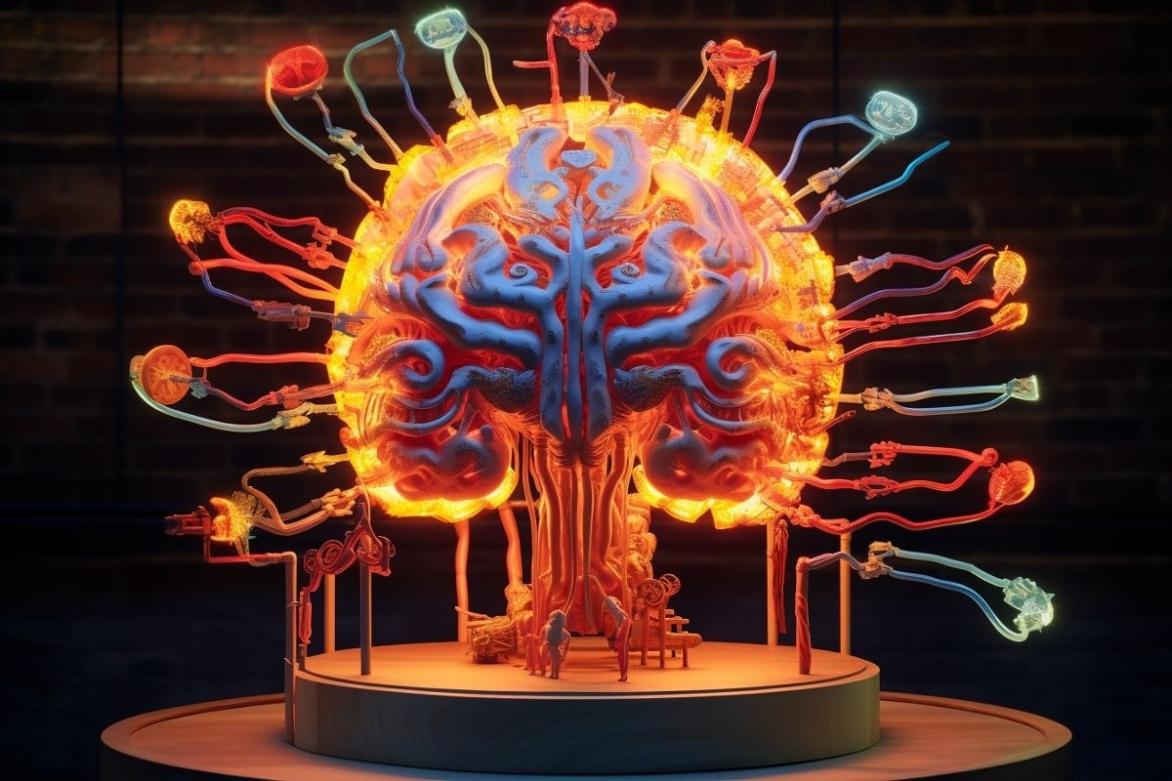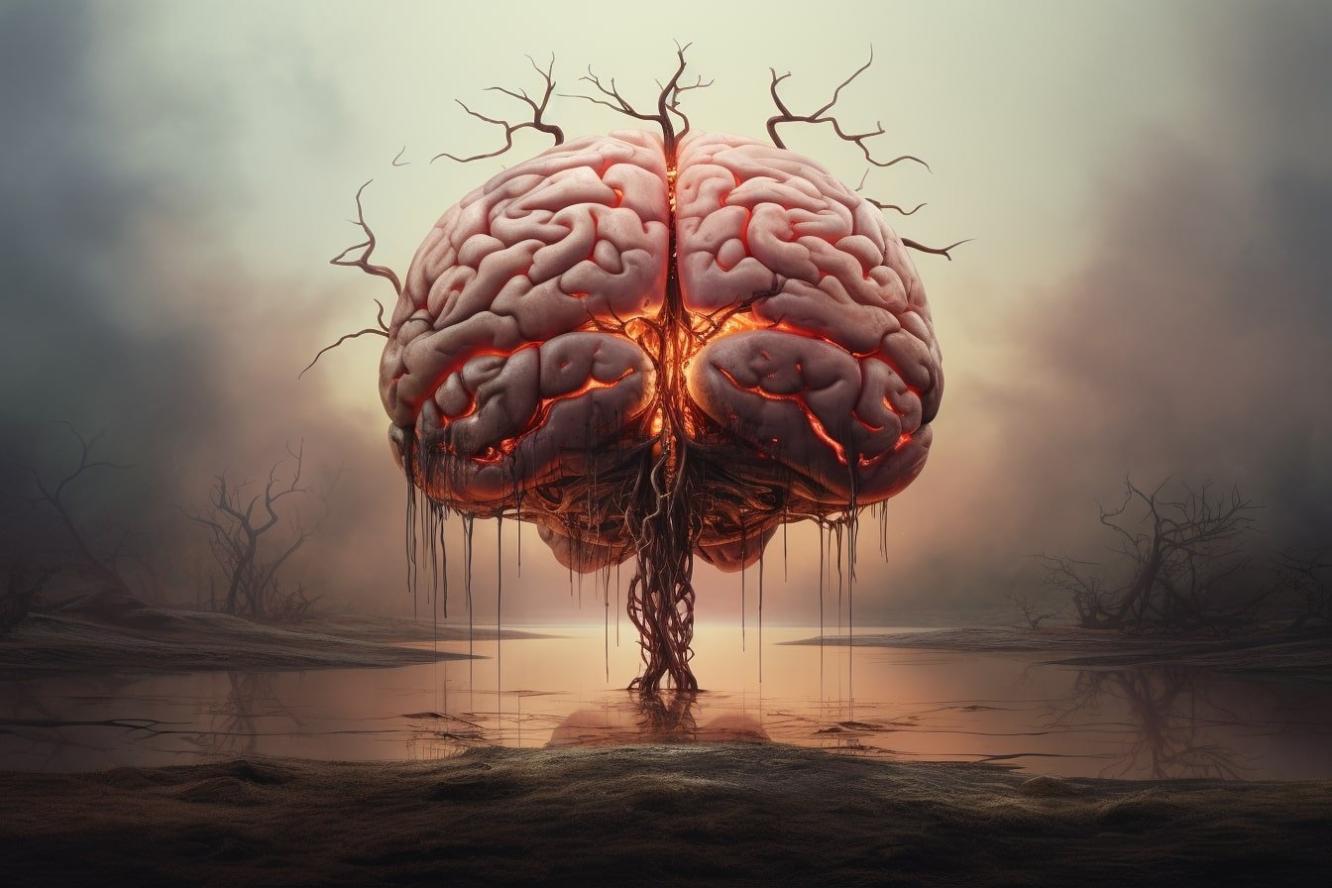How Does Stress Impact Brain Development and Mental Health?
Stress is a natural response to challenging or threatening situations. It can be triggered by various factors, including life events, work demands, and personal relationships. While stress is a normal part of life, chronic or severe stress can have significant impacts on brain development and mental health.

Brain Development And Stress
Stress can have a profound impact on the developing brain. Stress hormones, such as cortisol, can affect the production of new neurons (neurogenesis) and the ability of synapses to change strength (synaptic plasticity). These changes can lead to structural alterations in brain regions involved in learning, memory, and emotion.
- Reduced Neurogenesis: Stress can reduce the production of new neurons in the hippocampus, a brain region essential for learning and memory.
- Impaired Synaptic Plasticity: Stress can impair synaptic plasticity, the ability of synapses to change strength. This can disrupt learning and memory processes.
- Structural Changes: Chronic stress can lead to structural changes in brain regions involved in learning, memory, and emotion. These changes may contribute to the development of mental health disorders.
Mental Health And Stress
Stress is a significant risk factor for the development of mental health disorders, including anxiety, depression, and post-traumatic stress disorder (PTSD). Stress can activate the hypothalamic-pituitary-adrenal (HPA) axis, leading to the release of stress hormones such as cortisol. These hormones can dysregulate neurotransmitter systems and alter brain circuits involved in mood and behavior, contributing to the development of mental health problems.
- Anxiety: Stress can trigger anxiety disorders, characterized by excessive worry, fear, and avoidance behaviors.
- Depression: Chronic stress can increase the risk of depression, a mood disorder characterized by persistent sadness, loss of interest in activities, and difficulty sleeping.
- Post-Traumatic Stress Disorder (PTSD): Severe or traumatic stress can lead to PTSD, a disorder characterized by intrusive memories, nightmares, avoidance behaviors, and hypervigilance.
Protective Factors And Resilience
While stress can have negative impacts on brain development and mental health, there are factors that can protect against these effects. Supportive relationships, healthy coping mechanisms, adequate sleep, physical activity, and a balanced diet can all help to mitigate the impact of stress.

Resilience, the ability to bounce back from adversity, also plays a crucial role in reducing the impact of stress. Individuals with higher levels of resilience are better able to cope with stressful situations and experience fewer negative consequences for their brain development and mental health.
Implications And Conclusion
Understanding the relationship between stress, brain development, and mental health is essential for developing effective prevention and intervention strategies. Early intervention and prevention programs can help to reduce the impact of stress on brain development and mental health. Comprehensive mental health care services are also needed to address the effects of stress and promote mental well-being.
By recognizing the significant impact of stress on brain development and mental health, we can take steps to mitigate these effects and promote healthy development and well-being.
YesNo

Leave a Reply